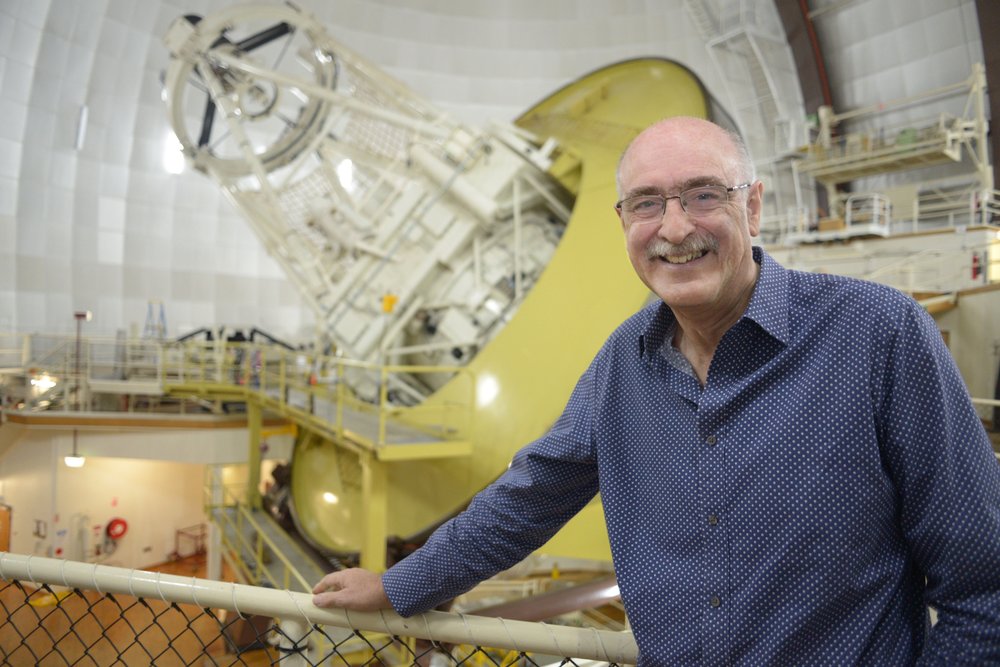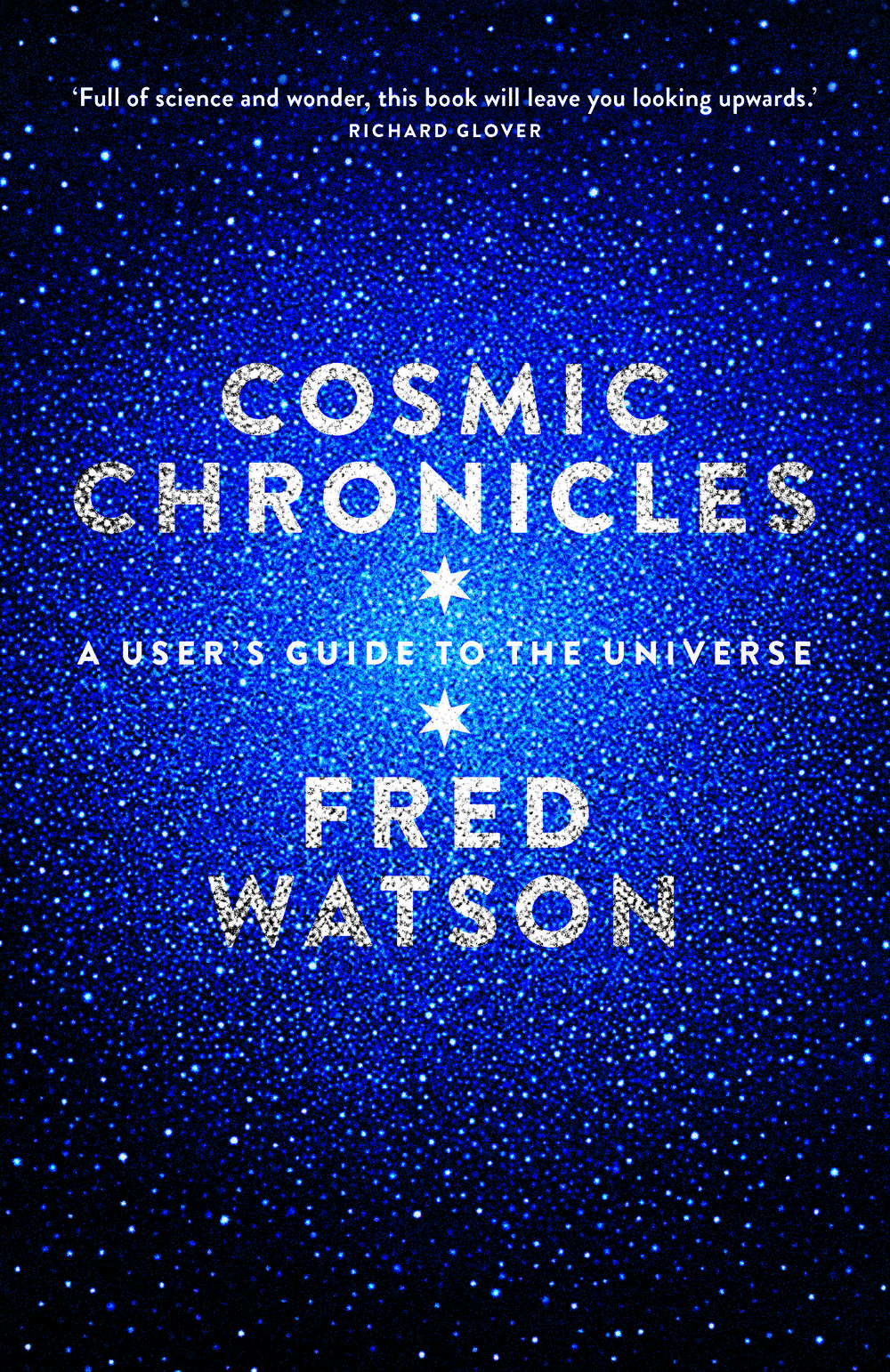By human standards, the Universe is an absurd place. Not only in its vast tracts of empty space and the strangeness of the celestial objects it harbours, but in almost any other attribute you care to mention. Size, temperature, density, pressure, complexity, radiation, speed – you name it. Compared with our everyday experience, such cosmic statistics present us with staggering and sometimes frightening numbers.
And yet, on a still, starry night, we can contemplate the firmament with an easy mind. We are cocooned in an environment that has nurtured us and sooths us with a sense of cosmic security. And the reality is that we humans are children of the stars, as is all life on Earth. Without the distant nuclear furnaces twinkling silently above us, the atoms that make up our bodies and our environment could never have come into being and the raw materials of life would not exist. Our connection with the Cosmos is immutable.
It’s this connection that forms the underlying theme of Cosmic Chronicles. The book explores the Universe from a decidedly human vantage-point, as befits any user’s guide worth its salt. It’s also liberally sprinkled with stories of the generations of scientists who paved the way to our current understanding.
Cosmic Chronicles includes some earthy topics that don’t normally find their way into books about astronomy and space, highlighting the magical interface between humans, our planet and the sky. Where else would you find an exposition of the glories of sunset, for example, or the place of citizen science in astronomy? Not to mention the way our planet is continuously being bombarded by ancient debris left over from the Solar System’s formation. The book also takes a look at the burgeoning space economy before embarking on a trip to our marvellous Moon in search of its origins. How appropriate, given the book’s publication in the 50th anniversary year of the first moonwalk – a truly pivotal moment in human history.
A great renaissance astronomer makes an appearance to herald the exploration of the Solar System. More than any of his predecessors, Galileo established our modern view of the Sun and planets with his telescopic observations. But those observations led to an uncomfortable encounter with the Holy Roman Inquisition and subsequent legal proceedings. Galileo’s trial provides a cue for a rare look into the telescope’s frequent brushes with the law as it evolved into the giant instruments used by astronomers today.
Coming right up to date, we find that planetary studies are being conducted with more than half an eye on the prospects of discovering life elsewhere in the Sun’s family. We explore several branches of that trail before winding up with the latest on the hunt for a mysterious invisible planet on the outer fringes of the Solar System.
It’s when the book confronts the wider Universe that it tackles some of the hottest topics in contemporary astrophysics and cosmology. Light echoing around the Cosmos, uncanny radio signals from deep space and the mechanics of black holes – among other things. And not one, but two varieties of mysterious stuff permeating the Universe and freaking astronomers out because we don’t know what they are.
And finally, throwing caution to the winds, Cosmic Chronicles takes a romantic look at unrequited love. Our passion for the idea of intelligent aliens has been around since the era of Galileo. But the pain of unrequited love comes from a growing pessimism among astrobiologists about the evolution of advanced lifeforms like ourselves. Such beings might be so rare that we are effectively alone. A vast and complex Universe with only one intelligent species able to contemplate it? Now that really would be absurd.
Fred Watson's book Cosmic Chronicles: A user's guide to the Universe will be published by NewSouth in October 2019.

